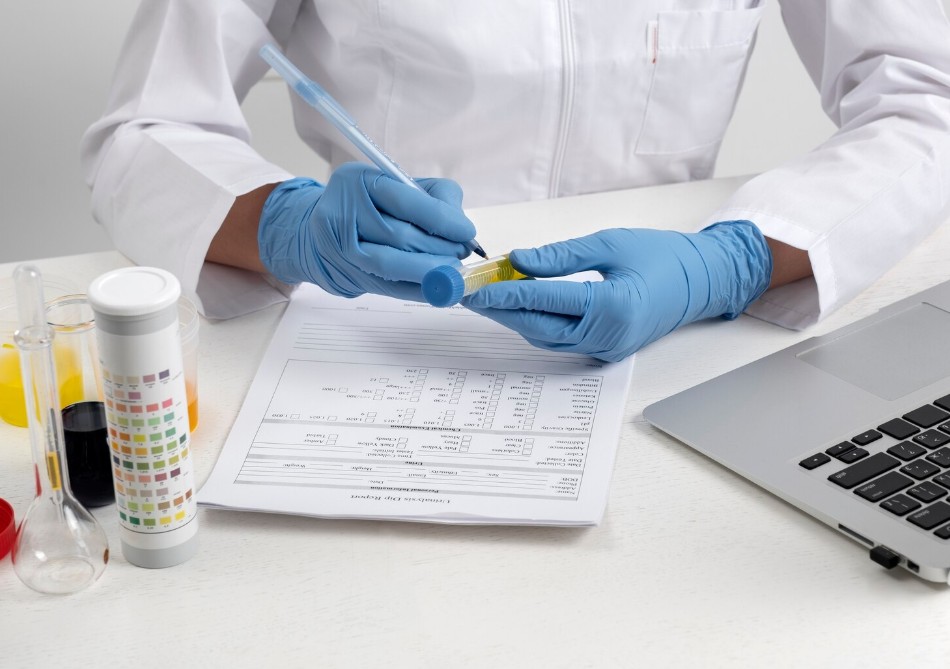The cosmetics industry in the United States is witnessing significant regulatory changes with the introduction of the Modernization of Cosmetics Regulation Act (MoCRA). As this landmark legislation takes effect, businesses involved in the production, distribution, or sale of cosmetic products must prioritize FDA Cosmetic Registration and understand the new cosmetic registration MoCRA requirements. This article explains these key regulatory components and their impact on the cosmetics market.
What is FDA Cosmetic Registration?
FDA Cosmetic Registration is the process of registering cosmetic manufacturing and processing facilities with the U.S. Food and Drug Administration (FDA). Prior to the enactment of MoCRA, this was largely a voluntary program under the FDA’s Voluntary Cosmetic Registration Program (VCRP). However, with MoCRA’s passage, registration has become mandatory for facilities manufacturing or processing cosmetics intended for the U.S. market.
This registration allows the FDA to keep a current inventory of cosmetic facilities and products available in the U.S., thereby improving oversight and ensuring consumer safety.
Key Elements of Cosmetic Registration MoCRA
The cosmetic registration MoCRA regulations represent the most comprehensive update to U.S. cosmetic law in decades. These new rules are designed to enhance safety, transparency, and accountability in the cosmetics industry. The primary requirements include:
- Facility Registration: All domestic and foreign cosmetic facilities that manufacture, process, pack, or hold cosmetic products for sale in the U.S. must register with the FDA and renew their registration biennially.
- Product Listing: Companies must submit detailed lists of all marketed cosmetic products, including product names, ingredients, and intended uses.
- Adverse Event Reporting: Serious adverse events (such as hospitalizations, disabilities, or life-threatening reactions) related to cosmetic products must be reported to the FDA within 15 business days.
- Safety Documentation: Manufacturers are required to maintain evidence demonstrating product safety, such as toxicological studies or clinical data.
- Labeling Requirements: Product labels must provide ingredient disclosures and include contact information to enable consumers to report adverse events easily.
- Good Manufacturing Practices (GMP): The FDA will establish GMP guidelines specific to cosmetics, which manufacturers must follow to ensure quality and safety throughout production.
Who Must Comply?
Any business that manufactures, processes, packs, or distributes cosmetic products for the U.S. market must comply with FDA Cosmetic Registration and the associated cosmetic registration MoCRA rules. Foreign companies must appoint a U.S.-based agent to facilitate compliance. Small businesses may be eligible for certain exemptions, but most will need to adhere to safety and reporting mandates.
Conclusion
The introduction of mandatory FDA Cosmetic Registration and the comprehensive cosmetic registration moCRA requirements marks a new era in cosmetic regulation in the United States. These measures aim to protect consumers by ensuring product safety and improving transparency across the supply chain. For cosmetic businesses, understanding and complying with these regulations is critical not only to avoid penalties but also to build consumer trust and maintain competitive advantage in the marketplace. Companies should proactively implement these changes to secure their position in the evolving U.S. cosmetics industry.





Comments